Big labels are still bashing online start-ups
NewsMessage from a frustrated reader:
Dear Mr Lebrecht,
I recently created a small concert series with my sister, Harriet Mackenzie (https://harrietmackenzie.com/) presenting some legendary pieces of classical repertoire. In order to promote our series we created a facebook page (Music at Surround Sound) and have posted some clips of our past and current performances. These clips, which are of pieces such as Vivaldi’s Four Seasons, Corelli Christmas Concerto and Mozart Oboe Quartet, have all been flagged by facebook as violating copyright and have had audio silenced. UMG, Warner and Sony all claim to hold copyright over these pieces, even though my sister and I are playing music that is out of copyright, from original parts and are performing ourselves. We have so far not managed to lift these bans.
I thought you might be interested to know how big record companies are using their power, and presumably AI, to search out and deliberate impact small performers.
I attach a couple of screenshots.
With all best wishes,
Alexandra Mackenzie

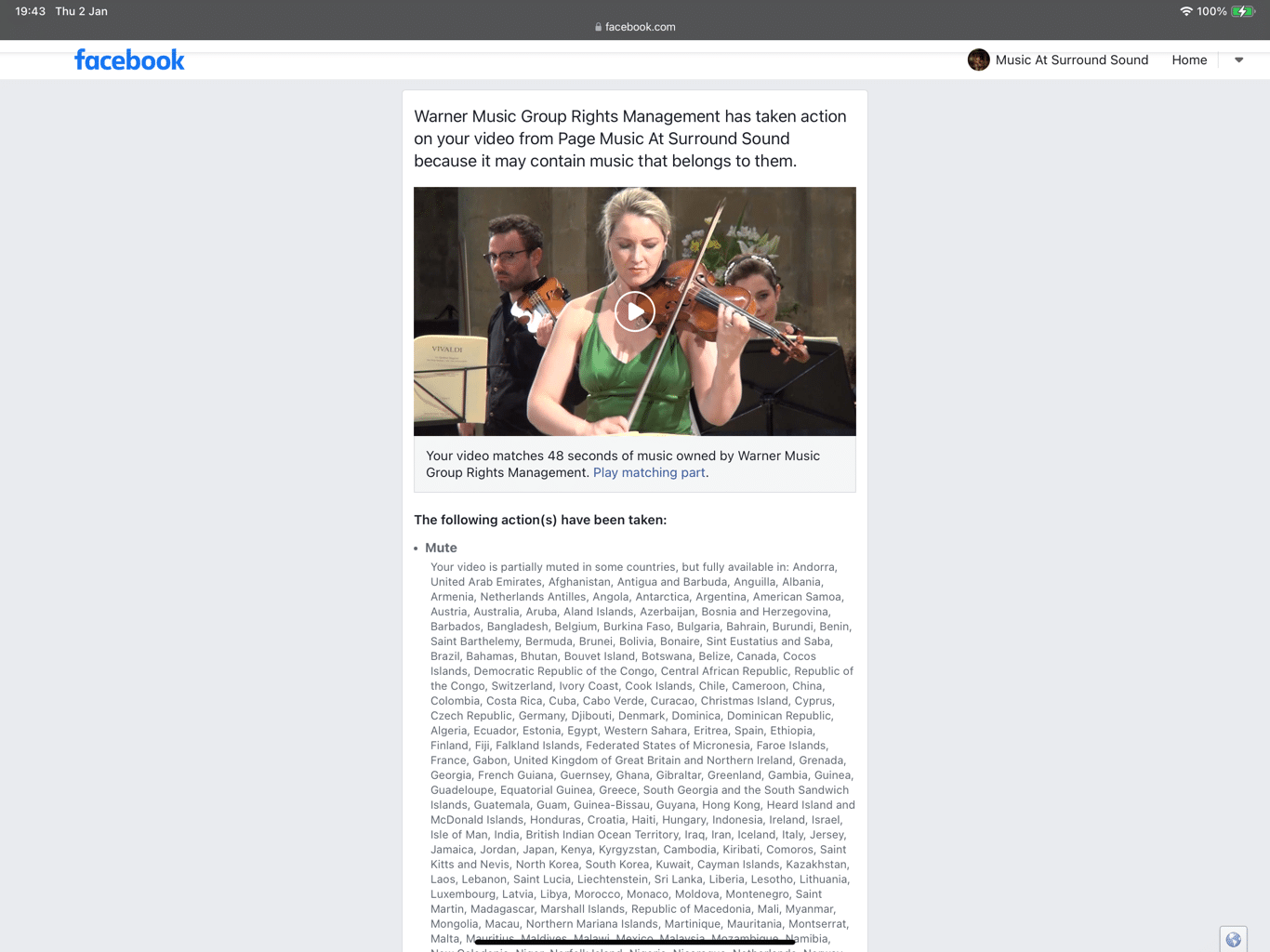
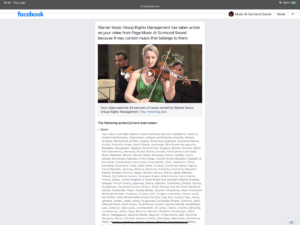
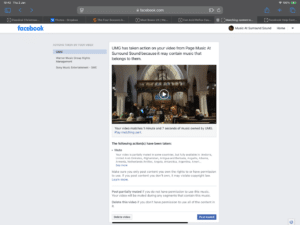

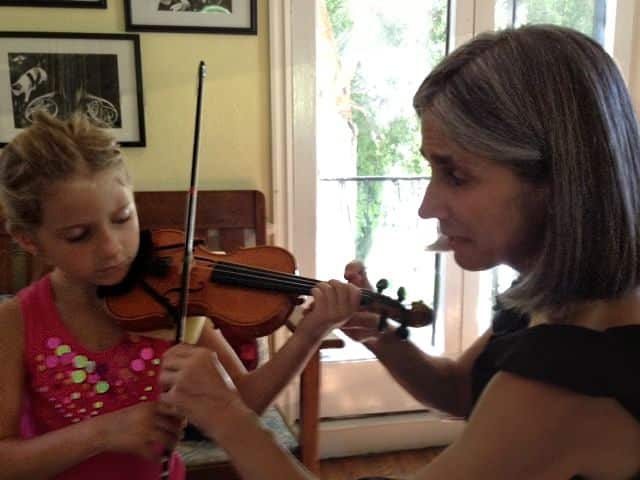

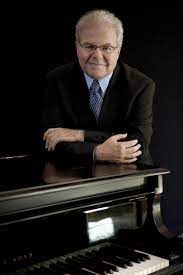
Comments